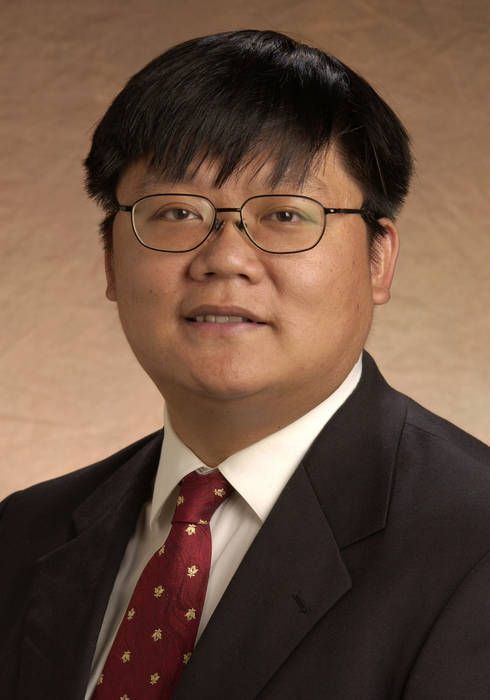|
报告人:Prof. Husheng Li, The university of Tennessee, Knoxville, U.S.A.
报告题目: Combating Interruptions in Cognitive Radio Networks: Challenges without Existing Answers
时间:2009年6月1日星期一上午9:00
地点:中科院声学所德昭楼218会议室 |

|
报告内容简介:
Interference and fading are the two dominating factors in the design and analysis of traditional wireless networks. In cognitive radio systems, a novel technique developed in recent years, a new challenge, namely interruption from primary users, causes substantial impact on cognitive radio networks. In this talk, we will discuss the features of interruption distinguishing from interference and fading, as well as the motivation to combat interruptions. Three aspects of combating interruptions will be previewed: (a) modeling interruption patterns using graphical models and imaging techniques, as well as the applications in upper layer issues like opportunistic routing and spectrum aware congestion control; (b) impact of interruptions on data transmission, including the topics of interruptions in queuing systems, impact on collaboration communication systems and using multiple description sourcing coding to alleviate the interruptions; (c) multi-agent learning: learning for multiuser spectrum access, pricing for social optimality, learning for graphical games and energy efficiency.
报告人简历:
Husheng Li received the BS and MS degrees in electronic engineering from Tsinghua University, Beijing, China, in 1998 and 2000, respectively, and the Ph.D. degree in electrical engineering from Princeton University, Princeton, NJ, in 2005. From 2005 to 2007, he worked as a senior engineer at Qualcomm Inc., San Diego, CA. In 2007, he joined the EECS department of the University of Tennessee, Knoxville, TN, as an assistant professor. His research is mainly focused on statistical signal processing, wireless communications, networking and information theory, particularly in cognitive radio systems. He is also interested in the theory of random matrices. Dr. Li is the recipient of the Best Paper Award of EURASIP Journal of Wireless Communications and Networks, 2005 (together with his PhD advisor: Prof. H. V. Poor).

